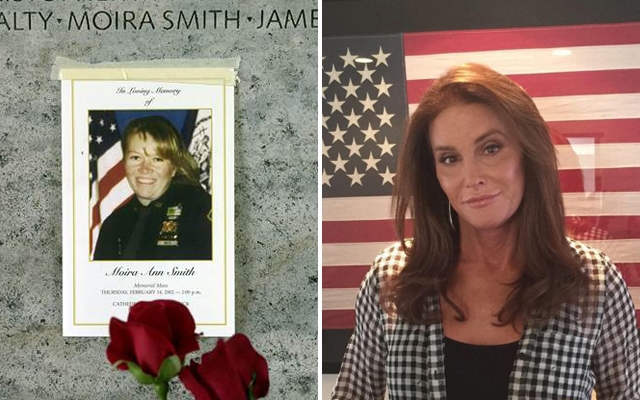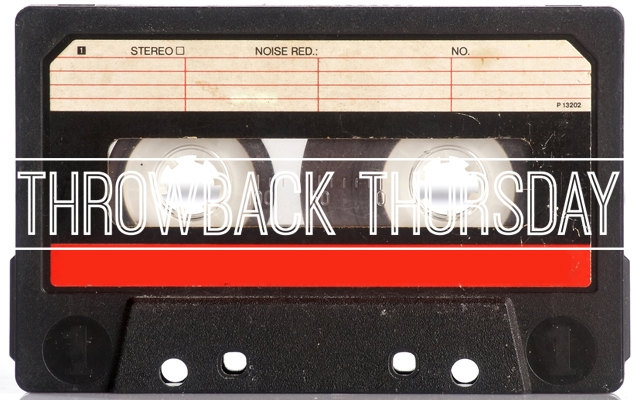I was recently out west promoting my novel, I’ll Be Here All Week, which was just released a couple of months ago. While hanging out at the local Chapters book store, I got to answer a few questions about being a novelist these days. I found that a lot of people had the same questions. So, here’s five random things you probably didn’t know about novelists.
The money isn’t grand
The novelist sits in his dark studio apartment, tapping away at the manual typewriter. Upon completion of his brilliant novel, he hands his tome over to his agent. A week later, he gets the great news: it’s being published! Come get your advance, sir. It’s lunchtime at The Four Seasons on the way to the Mercedes dealership. You’ve made it!
Hardly. That advance might pay the rent for a couple of months, but it’s not BMW money. Sure, there is the occasional breakout novelist who receives a six-figure advance for his novel, but that’s rare. Most first-time authors can expect an advance of less than ten grand.
And that’s not all. That advance is probably the only money for that book the author will ever receive. All royalties authors receive for a book are money owed after that advance has been earned back. That’s before taxes and sometimes before agent fees. Keep in mind that most novels in America sell less than 500 copies.
Ever notice that a lot of novelists seem to still keep their teaching jobs? That’s because the average income of a novelist last year was $15,000. JK Rowling, Johnathan Frazen and other wealthy novelists represent less than 5 per cent of published North American authors.
“Bestseller” means many different things
See that book with “New York Times Bestselling Author” printed on the cover? A book being a “bestseller” depends upon everything from the list in question to the genre of the book to the publishing house where it was printed.
For instance, in Canada, a “National Bestseller” to any Canadian house would be 5,000 copies. In the USA, that number is considered decent, but hardly a huge hit. Sell that many copies in a year, and you’re doing well. Sell that many copies in a week, and you’ll possibly make several bestseller lists.
And that’s the real secret: Bestseller lists don’t necessarily include books that have consistently sold well. They sometimes include books that sold well for one week. After it’s initial first few weeks in publication, a book’s sales may significantly drop-off…unless it has “Bestseller” status. The New York Times’ list is very secretive, but doesn’t actually just include raw sales numbers. A huge publishing house selling 9,000 copies of a book will likely not make the list. But a small publisher doing that with a first-time author just might.
Political books are notorious for having their PACs buy up thousands of initial copies of a book to hit bestseller lists and then either re-sell the books or give them away as promotional swag. Remember that when you see a pundit patting himself on the back for a political bestseller no one has ever read.
And that’s only one list. USA Today includes digital sales, but The NYT does not. Amazon’s bestseller list includes different genres and the sales are tracked hourly — not weekly — like other major lists. A book can be a “bestseller” on Amazon in a particular category and never make other lists. And most bestseller lists do not include book sales from Walmart. This despite the fact that Walmart routinely trounces large book store chains in book sales. Which brings us to another, relatively unknown fact…
One of the worst places to sell a book is a book store
More books are sold online and in person than in “brick and mortar” locations. Amazon easily outsells stand-alone bookstores. Walmart sells more books than Barnes and Noble or Chapters/Indigo, only it sells fewer titles. Non-fiction authors can sell way more books as public speakers than they do by putting the book on shelves.
Sure, there are thousands of books in those enormous neighbourhood book stores, but most people focus on the books they’ve seen reviewed or the ones that are on display on the tables all over the store. Those spots, by the way, are negotiated between the publishers and the book stores. They aren’t random or chosen on a whim.
How is it possible that most novels sell fewer than five hundred copies? Think about how rare it is for someone to randomly pick up a book that is placed spine-out on a shelf in the back of a book store. The saying “Don’t judge a book by its cover” is false. People most certainly do.
Book signings are boring
In countless movies and TV shows, an author gets a book deal, buys himself an Audi, and then attends his book signing at the local book store. The line is around the corner! Cha-ching! Everybody wins.
Not really. The average reader will never attend an actual book signing. Most publishers can’t afford to spend the cash it takes to fly an author out of town for a signing. Most authors can’t afford to do it on their own dime (which they most often have to do), and most book stores don’t have the budget to pack them in. It takes more than a poster at the front door of a store to reach customers and draw a line that extends out the door.
Are there book signings that are packed? Yes, but they’re mostly by authors who have spent years in the spotlight, not new authors. The book signings that pack ’em in the most are for books written by celebrities. People are more excited to get to meet Snooki face-to-face than they are to actually read her book (a New York Timesbestseller, despite selling fewer than 10,000 copies in it’s first month). Meeting celebrities is cool, getting autographs is cool, and a book store is a great way to do both.
Many authors say that book signing, although a tradition and an honour, can be quite dull. It’s often hours of sitting at a table in a store as people walk right by and don’t notice. Yes, the occasional fan shows up. But much of the sales during a typical signing is from people who happen to chat up the author. Ever go to a store and see twenty signed copies of a book you’ve never heard of before? The author probably showed up with thirty.
By the time you read the book, the author is sick of it
The publishing world still moves quite slowly and, unless you’ve got a Hunger Games or quickie cash-in you wrote to go along with this season of Mad Men, expect to wait a while. TV tie-ins or books based on current trends are often pushed out quickly, as is the latest political book or novel by a million-selling author.
Generally, however, books take a while to get out. A first-time novelist might have written his book several years before it ever hits a shelf. Getting an agent takes time and, when you get one, she has input that needs to be heard to get the book sold. Then there’s the publishers, who have stacks of books to read before considering yours. And it’s not one person but several who have to read it before a deal is struck. After that, an editor at that publishing house has his way with it. Then, finally, the book goes to print. This could still take a year or more after you signed the original deal.
By the time you get a copy of that book and the author is doing interviews for it, he’s already moved on, perhaps even done writing his next novel. Some people have remarked that they’ve interviewed authors for TV or radio only to feel that the author doesn’t know much about his own book. That’s because he put it down two years ago. Even Steinbeck probably forgot parts of The Grapes of Wrath after a while.
Now that you know these five random facts about authors, go find a book signing in your town and buy a copy of whatever the poor writer is selling. As a side note, I’ll Be Here All Week is available online and at book stores everywhere, and I absolutely love doing book signings. Everywhere. All the time. See you there.











